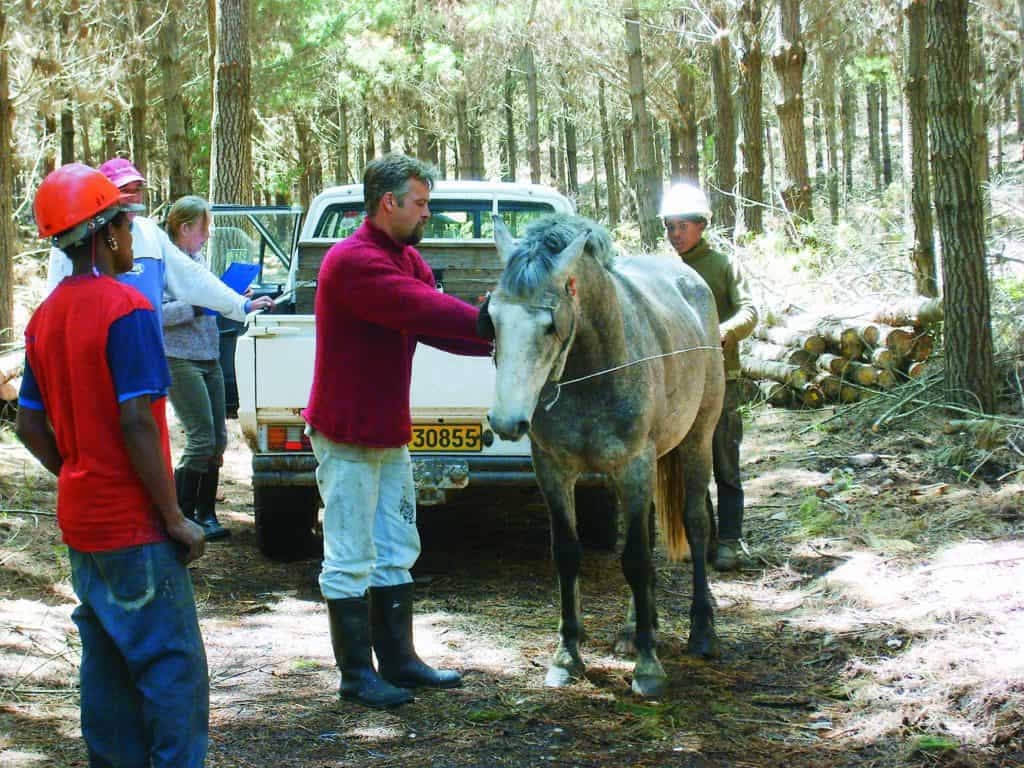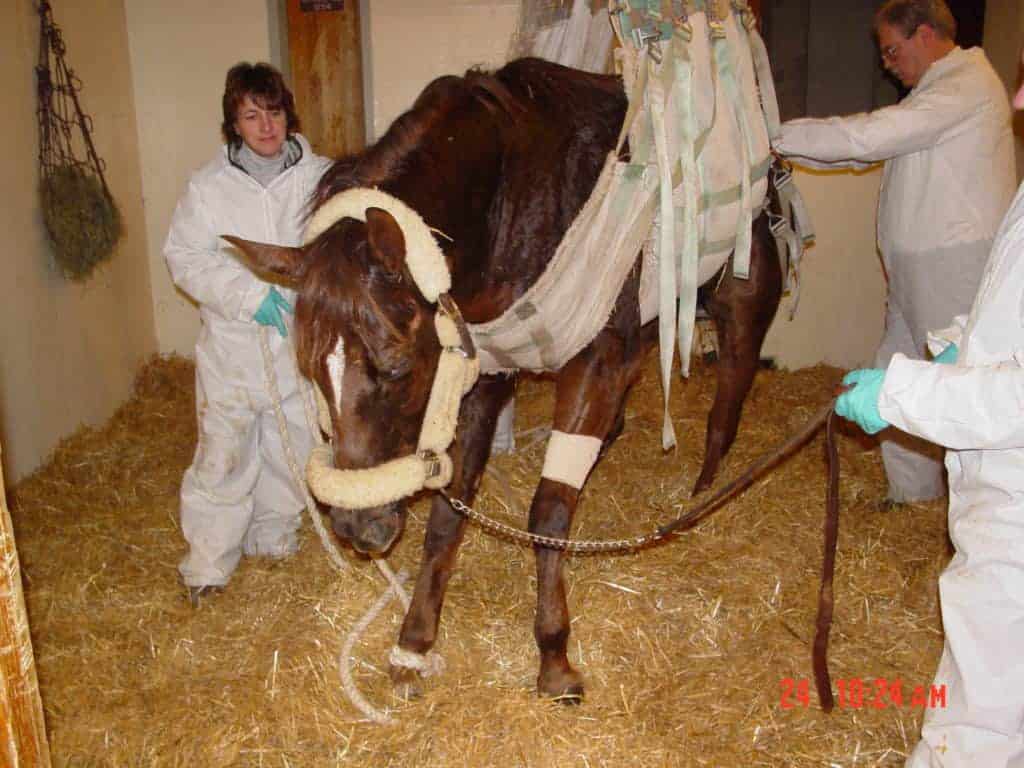
N.C. Horse Owners Urged to Vaccinate against WNV, EEE
In 2012, there were 20 cases of EEE and three cases of WNV in North Carolina horses reported.

In 2012, there were 20 cases of EEE and three cases of WNV in North Carolina horses reported.

Ever wonder which vaccines your horse needs to stay healthy and why? Learn about building equine immunity, how vaccines work, and proper vaccination handling and administration in this free one-hour event.

Know the difference between minor side effects of vaccinations and those that warrant a call to your vet.
Animal health officials are urging horse owners to vaccinate their animals for both EEE and WNV.
The grant will allow Nielsen to study the interaction between anthelmintic treatment and vaccines.

Owners are urged to ensure their horses’ vaccination status is current for maximum protection against WNV.
Animal health officials are urging horse owners talk with vets about vaccinating against WNV, EEE, and rabies.
As the spring vaccination season approaches, consider have horses vaccinated against WNV and EEE.

The organization stresses the need for horse owners across the country to have their horses vaccinated.

Authorities are encouraging horse owners to vaccinate annually to curb the impact of African horse sickness.

Attendees discussed a variety of topics surrounding current a future equine vaccinations.
New for 2013 are equine health and safety procedures designed to “ensure a great show experience for all.”
Horse owners are invited to a full day equine educational program focused on keeping your horse healthy.

At the most recent update, APHIS reported 609 equine WNV cases nationwide and 206 cases of equine EEE in 2012.

One of the most alarming infectious diseases in the equine industry is strangles.

One veterinarian discussed disease characteristics and why it might be on the rise at a recent conference.
Stay on top of the most recent Horse Health news with
"*" indicates required fields